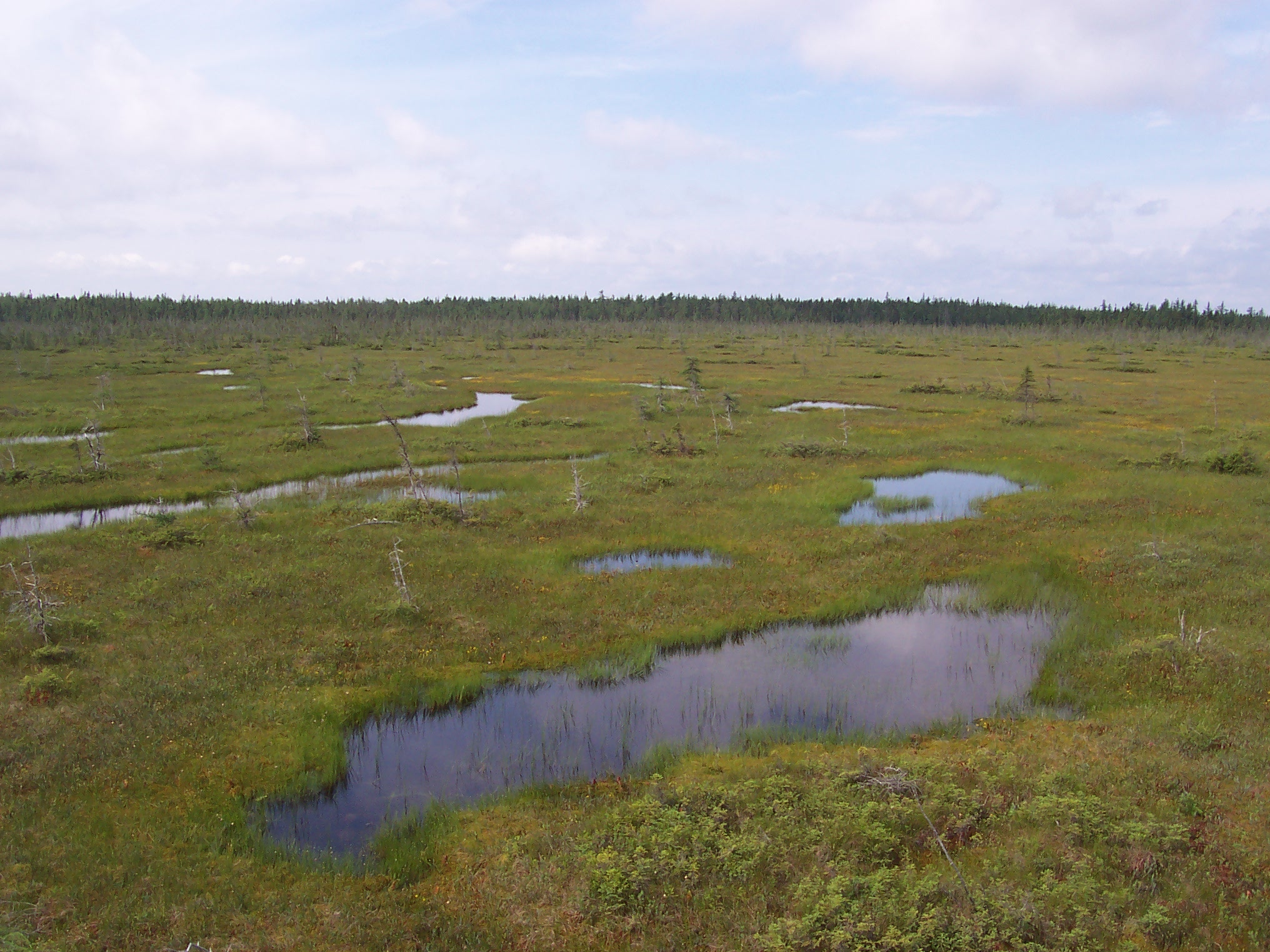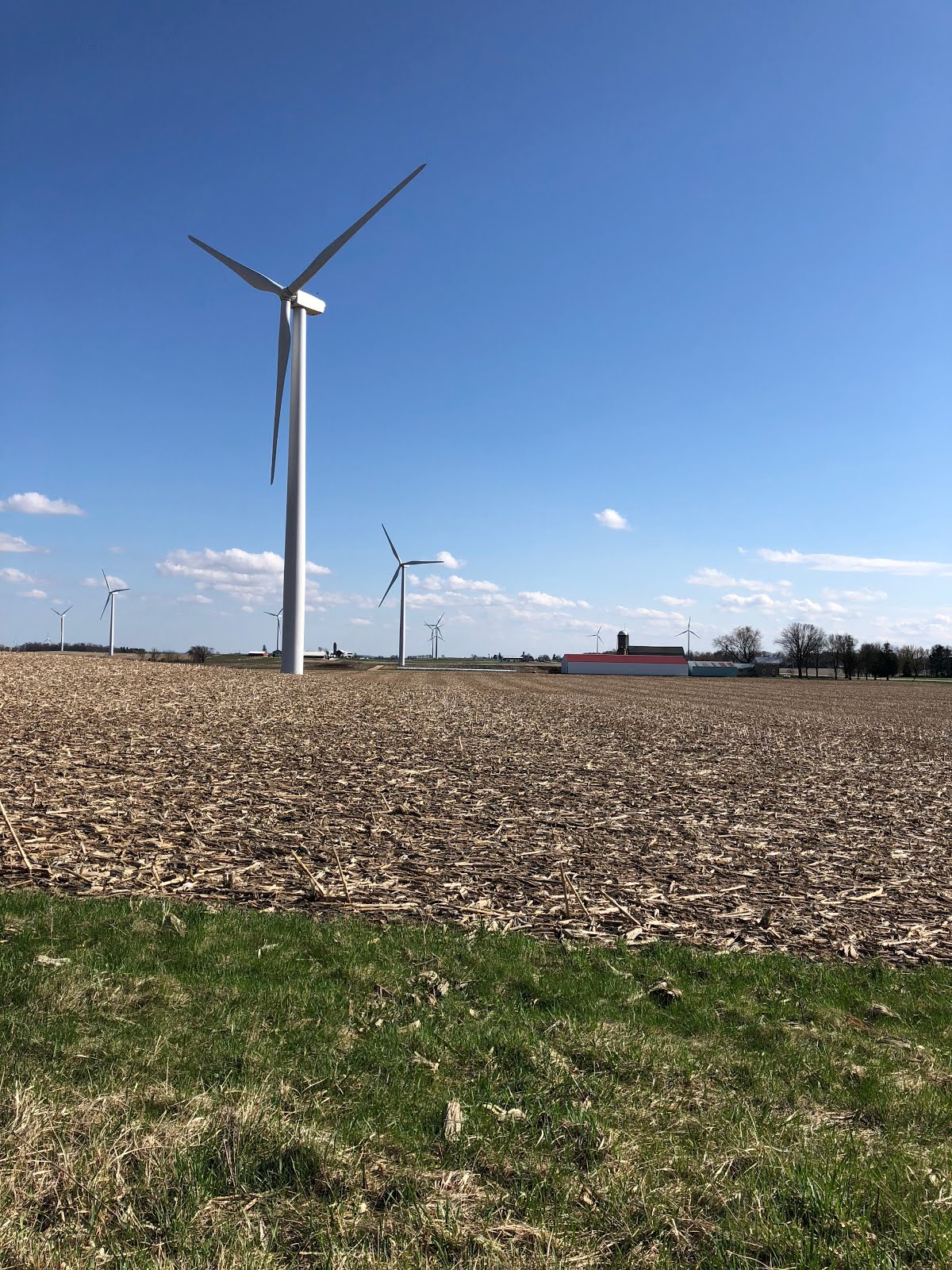State attack on science spurs mass WI wetlands destruction
As the State Assembly votes today on a bill opening tens of thousands of protected wetland acres to 'development,'

focus on two important things:
* 1. Lee Berguist's excellent synthesis in today's Journal Sentinel which shows that the Legislature is set to green-light wetland filling at the very time wetlands' rainfall-absorbing, flood-preventing value becomes more critical:
* 2. To which I add: If we had a real Department of Natural Resources, and not the business community subsidiary which Gov. Walker replaced it with, agency officials and non-partisan experts would have testified against the measure before the Assembly - - and cited the known science about a changing, wetter climate - - facts I'd discovered in late 2016 that Walker's DNR had scrubbed from its key web page on climate change science.
Basically, It's easier for the legislature to consider the mass destruction of WI wetlands if the DNR under Walker already scrubbed the science - - the reality - - off its webpages that explained why we need smart government and working wetlands now more than ever.
I posted what the DNR's web page had contained, what had been deleted and what remained: new, sanitized text appears in yellow and deletions of original wording have black strike mark through them.
You can see in an example below the missing passages which call attention to changes in precipitation, and to the crucial value of wetlands:
Or serious legislators would have convened a study committee to examine the facts.
But whether the issue is wetlands, or groundwater, or exemptions and permit approvals for sand mines and golf courses, or Foxconn - - and, by the way, in that flood-prone county - - where will all the storm water from its hard, flat, baseball stadium-sized giant parking lots, and massive roofs over much of a complex the size of 11 football fields run to? - - those fact-driven, common-sense-informed days are gone.

focus on two important things:
* 1. Lee Berguist's excellent synthesis in today's Journal Sentinel which shows that the Legislature is set to green-light wetland filling at the very time wetlands' rainfall-absorbing, flood-preventing value becomes more critical:
Wisconsin is becoming wetter as lawmakers move to weaken rules for flood-preventing wetlands
* 2. To which I add: If we had a real Department of Natural Resources, and not the business community subsidiary which Gov. Walker replaced it with, agency officials and non-partisan experts would have testified against the measure before the Assembly - - and cited the known science about a changing, wetter climate - - facts I'd discovered in late 2016 that Walker's DNR had scrubbed from its key web page on climate change science.
Basically, It's easier for the legislature to consider the mass destruction of WI wetlands if the DNR under Walker already scrubbed the science - - the reality - - off its webpages that explained why we need smart government and working wetlands now more than ever.
I posted what the DNR's web page had contained, what had been deleted and what remained: new, sanitized text appears in yellow and deletions of original wording have black strike mark through them.
You can see in an example below the missing passages which call attention to changes in precipitation, and to the crucial value of wetlands:
scientists agree that the following changes are likely if climate change patterns continue.
Increased summer and winter temperatures will cause increased evaporation drought, lower lake water levels and warmer water tornadoes, resulting in reduced habitat for cold water species and a loss of critical wetland areas ice/snow or severe heat.
Decreased winter ice cover will also contribute The DNR staff stands ready to increased evaporation and lower lake water levels which could have severe economic consequences for adapt our valuable shipping industrymanagement strategies in an effort to protect our lakes, lakeshore recreationwaterways, plants, wildlife and coastal businessespeople who depend on them.
Changes in rain and snowfall patterns (including more frequent and severe storms) could change water flow in streams and rivers and increase stream bank erosion and runoff pollution.Not that many years ago, a bill like the one the Assembly will probably approve today would never have seen the light of day.
Or serious legislators would have convened a study committee to examine the facts.
But whether the issue is wetlands, or groundwater, or exemptions and permit approvals for sand mines and golf courses, or Foxconn - - and, by the way, in that flood-prone county - - where will all the storm water from its hard, flat, baseball stadium-sized giant parking lots, and massive roofs over much of a complex the size of 11 football fields run to? - - those fact-driven, common-sense-informed days are gone.









No comments:
Post a Comment